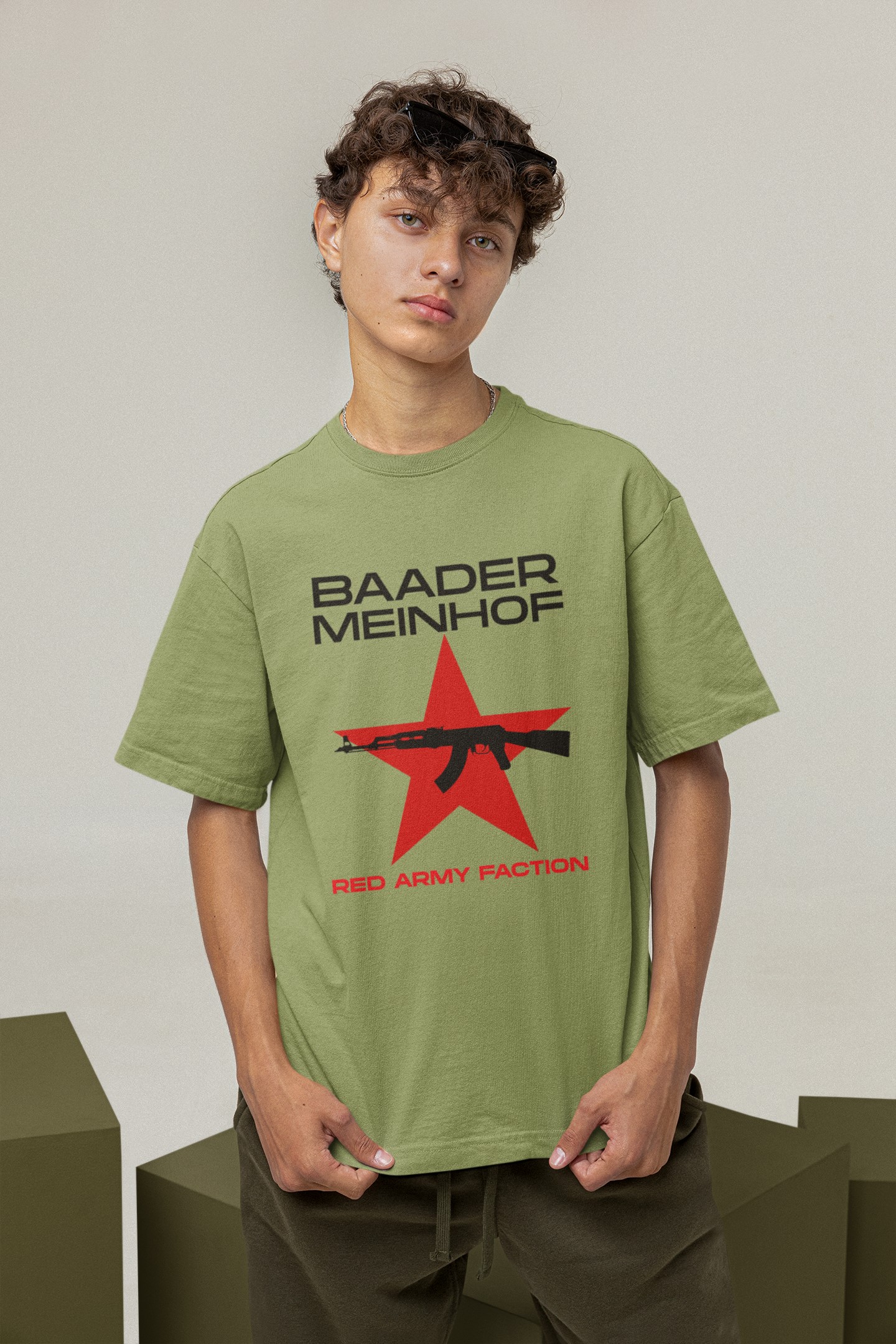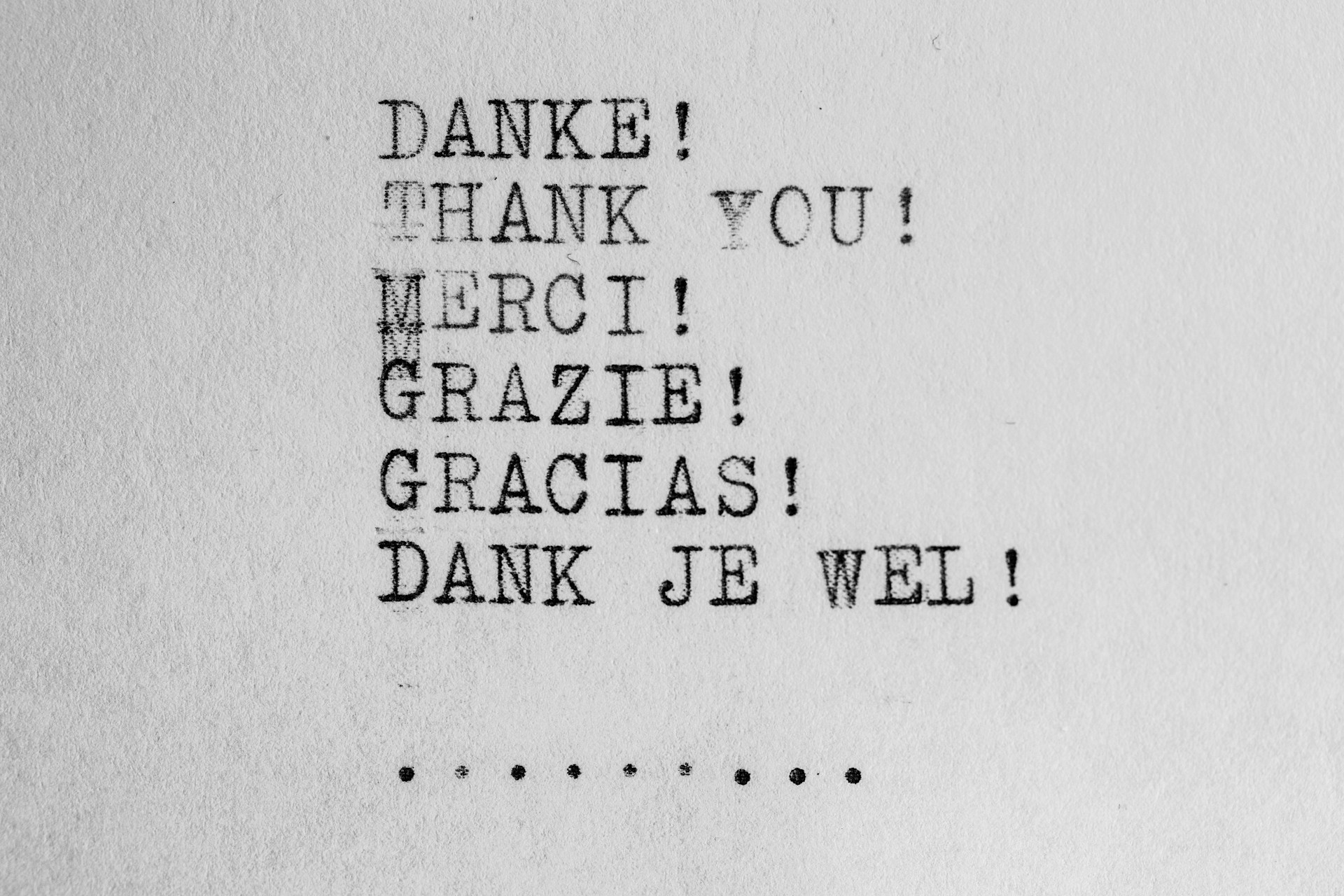
Political T-Shirts and Apparel - Baader Meinhof, ETA | Unique Designs. 'Baader Meinhof' T-shirt
Red Army Faction; RAF; Baader Meinhof West Germany
£19.99£17.99
Out of stock
As part of our political struggle range of apparel, Clickncollecte present the Baader Meinhof recognition T-shirt. With all the turmoil currently throughout the world, its important to re-visit the struggles of the past in the 20th century. Among ETA in the Basque region of Spain, the IRA in Northern Ireland, Brigate Rosso in Italy, Baader Meinhof played a pivotal role for many on the far left of politics.
Our unisex 100% cotton tees offer comfort and quality.
The Baader Meinhof Gang, also known as the Red Army Faction, was a left-wing extremist group that operated in West Germany from the late 1960s to the early 1990s. Founded by Andreas Baader, Ulrike Meinhof, and Gudrun Ensslin, the group aimed to combat what they perceived as the oppressive capitalist and imperialist system of the time. The Baader Meinhof Gang gained notoriety for their acts of violence, including bombings, robberies, and assassinations, targeting symbols of capitalism and the West German state. Their actions were fueled by a radical ideology rooted in Marxist and anti-imperialist beliefs. The group's activities led to a wave of fear and unrest in West Germany, as the government launched a massive manhunt to dismantle the organization. After a series of arrests and the deaths of key members, the Baader Meinhof Gang gradually faded away by the early 1990s.
Politics in West Germany during the 20th century was a dynamic and complex landscape. With the division of Germany after World War II, West Germany emerged as a democratic republic under the leadership of Chancellor Konrad Adenauer. The political landscape was dominated by two major parties, the Christian Democratic Union (CDU) and the Social Democratic Party (SPD). These parties competed fiercely for power and influence, each advocating for their own vision of post-war Germany. The CDU emphasized conservative values and a pro-Western orientation, while the SPD focused on social democracy and welfare reforms. Over the years, West Germany experienced economic growth and became a key player in European affairs. However, political debates and divisions persisted, particularly around issues such as nuclear disarmament and relations with the Soviet Union. Overall, politics in West Germany was marked by a delicate balance between conservatism and social progress.

